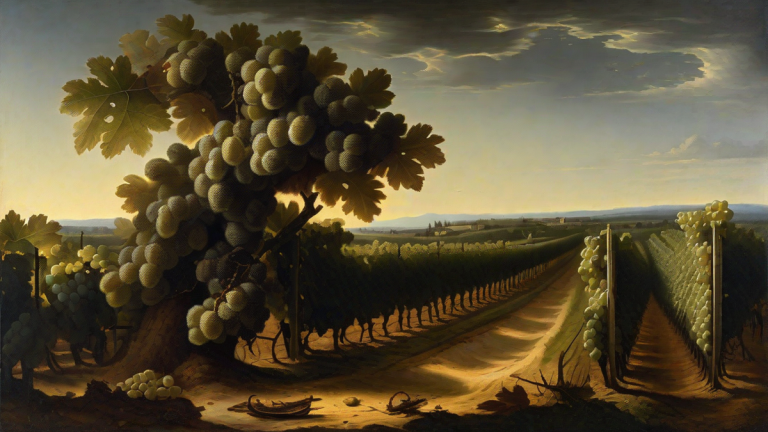Have you ever uncorked a bottle of wine, anticipating the familiar scent and flavor, only to be met with an unpleasant smell and taste? It can be quite disappointing. As someone who loves wine, I have encountered my fair share of spoiled wines, and it is truly unpleasant.
So, what exactly happens when wine goes bad? Well, there are a few different factors that can contribute to a wine becoming spoiled or “off”. One of the most common culprits is oxidation, which occurs when air comes into contact with the wine. When this happens, the wine can develop a flat or stale taste, losing its vibrancy and freshness.
Another common issue is the growth of bacteria or yeast in the wine. This can happen if the wine is exposed to high temperatures or if the cork is faulty, allowing air and microbes to enter the bottle. The presence of bacteria or yeast can result in off flavors and aromas, such as a vinegar-like smell or a sour taste.
One of the telltale signs that a wine has gone bad is a strong, unpleasant smell. It can range from a musty or moldy aroma to a sulfurous or rotten egg-like odor. Trust me, once you’ve encountered a wine with a foul smell, you’ll never forget it. And unfortunately, the taste is usually just as bad.
When a wine goes bad, it can be disappointing, especially if it’s a bottle that you’ve been saving for a special occasion or a wine that you’ve been looking forward to trying. It’s a reminder that even the most carefully crafted wines are susceptible to spoilage.
So, how can you prevent your wines from going bad? Well, the most important thing is proper storage. Wine should be stored in a cool, dark place, away from direct sunlight and temperature fluctuations. It’s also essential to store the wine horizontally, so that the cork stays moist and doesn’t dry out, allowing air to seep into the bottle.
Additionally, it’s important to be mindful of the expiration dates on your wines. While most wines are meant to be consumed within a few years of bottling, some wines can age well and develop complex flavors over time. However, aging a wine for too long can lead to spoilage, so it’s best to check the recommended drinking window for each bottle.
In conclusion, it’s a sad reality that wines can go bad. Whether it’s due to oxidation, bacterial growth, or other factors, a spoiled wine can be a disappointing experience. Proper storage and mindful consumption can help prevent spoilage and ensure that you enjoy your wines at their best. And remember, if you ever come across a wine that has gone bad, don’t hesitate to pour it down the drain. Life is too short to drink bad wine!




